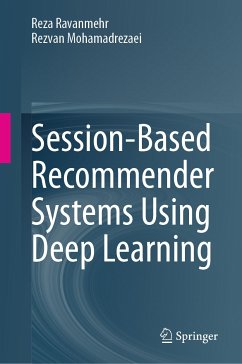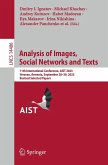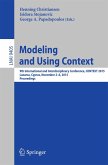The book is well-modularized, and each chapter can be read in a stand-alone manner based on individual interests and needs. In the first chapter of the book, definitions and concepts related to SBRS are reviewed, and a taxonomy of different SBRS approaches is presented, where the characteristics and applications of each class are discussed separately. The second chapter starts with the basic concepts of deep learning and the characteristics of each model. Then, each deep learning model, along with its architecture and mathematical foundations, is introduced. Next, chapter 3analyses different approaches of deep discriminative models in session-based recommender systems. In the fourth chapter, session-based recommender systems that benefit from deep generative neural networks are discussed. Subsequently, chapter 5 discusses session-based recommender systems using advanced/hybrid deep learning models. Eventually, chapter 6 reviews different learning-to-rank methods focusing on information retrieval and recommender system domains. Finally, the results of the investigations and findings from the research review conducted throughout the book are presented in a conclusive summary.
This book aims at researchers who intend to use deep learning models to solve the challenges related to SBRS. The target audience includes researchers entering the field, graduate students specializing in recommender systems, web data mining, information retrieval, or machine/deep learning, and advanced industry developers working on recommender systems.
Dieser Download kann aus rechtlichen Gründen nur mit Rechnungsadresse in A, B, BG, CY, CZ, D, DK, EW, E, FIN, F, GR, HR, H, IRL, I, LT, L, LR, M, NL, PL, P, R, S, SLO, SK ausgeliefert werden.
Hinweis: Dieser Artikel kann nur an eine deutsche Lieferadresse ausgeliefert werden.









